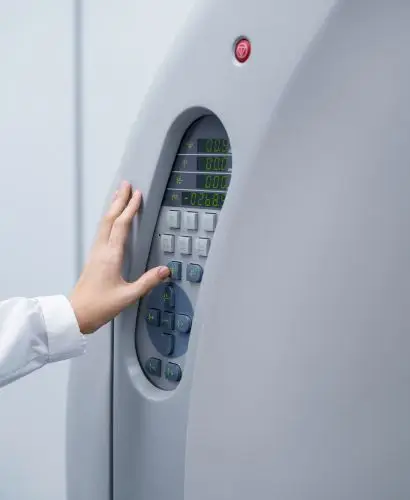Nullam dignissim, ante scelerisque the is euismod fermentum odio sem semper the is erat, a feugiat leo urna eget eros. Duis Aenean a imperdiet risus.
Nullam dignissim, ante scelerisque the is euismod fermentum odio sem semper the is erat, a feugiat leo urna eget eros. Duis Aenean a imperdiet risus.


A digital autoclave is an advanced sterilization device that uses steam and pressure to kill germs on tools and equipment. It features digital controls for precise temperature, pressure, and timing settings. It's commonly used in hospitals, labs, and clinics for efficient sterilization. Its user-friendly interface makes it easier to operate compared to traditional autoclaves.
A digital autoclave ensures precise sterilization with automated temperature and pressure controls. It enhances efficiency, safety, and consistency in medical, laboratory, and industrial settings. User-friendly digital displays simplify monitoring and operation.
A digital autoclave is used for sterilizing medical, dental, and laboratory equipment with high precision. It is ideal for hospitals, clinics, and research facilities where accurate sterilization is critical.
 Some Question
Some Question